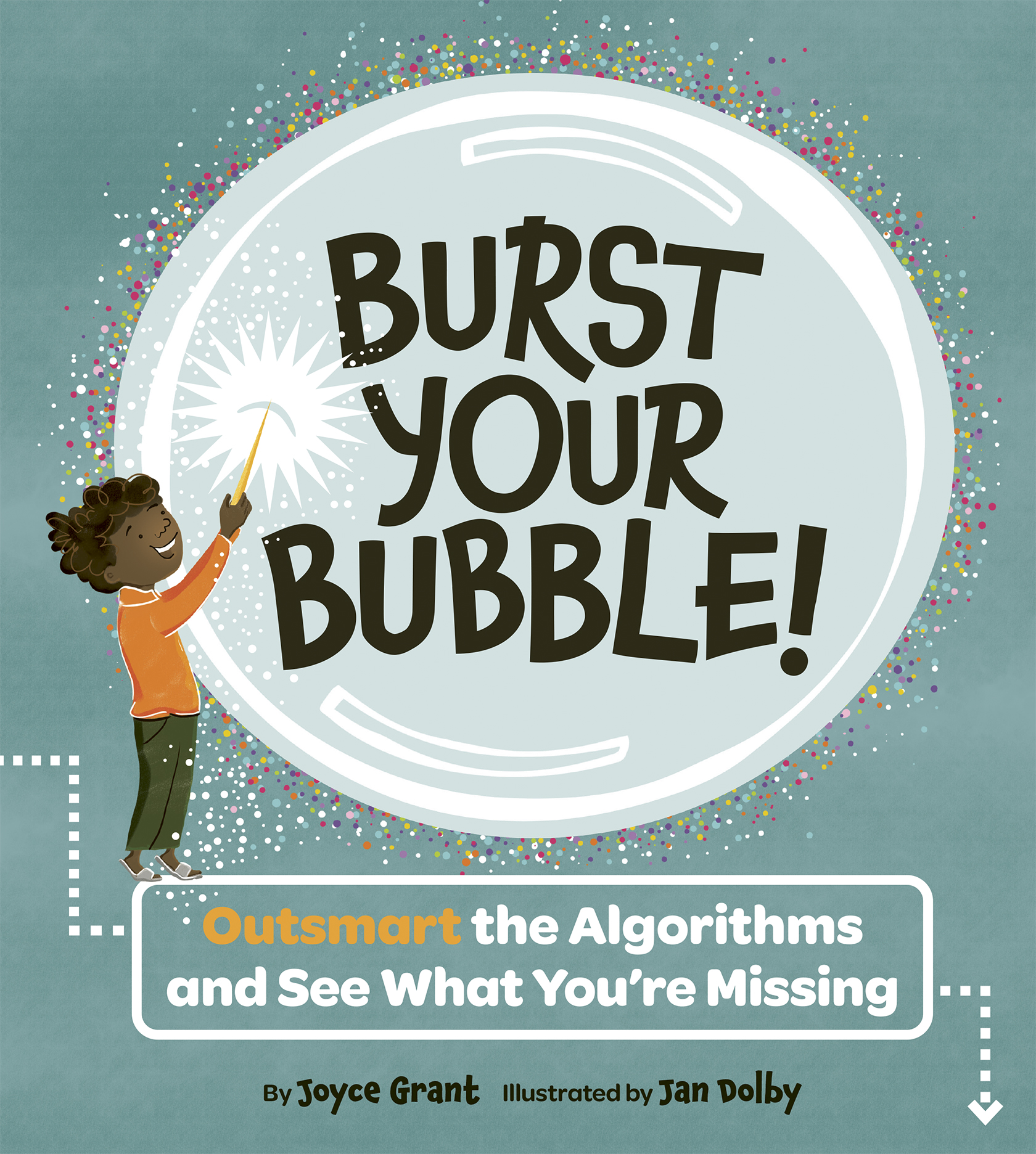
On December 18, 2019, US president Donald Trump was impeached.
Impeached is a term some people find confusing. It means he was charged.
A “charge,” in this case, means that the US House of Representatives formally accused Donald Trump of doing something very serious. It doesn’t mean he has been proven guilty, but it does mean that the House believes it has enough evidence to prove that he did.
Only two other US presidents, in 250 years, have been impeached: Andrew Johnson (1868) and Bill Clinton (1998). In 1974, US president Richard Nixon was threatened with impeachment but he resigned (quit his job) before that happened.
The phrase that lawyers use to describe what Donald Trump was impeached for, is “high crimes and misdemeanors.” That means that he is charged with doing something very serious, for instance, against the country. (Specifically, “abuse of power” and “obstruction of Congress.”)
He was charged with using the power of the presidency in a way that is not okay. In other words, using his important position as president to get something he wanted for himself rather than for the country.
He is accused of asking Ukraine’s president, Volodymyr Zelensky, to announce an investigation into one of his political opponents, Joe Biden, and his son Hunter Biden.
Trump could be running against Joe Biden in the 2020 presidential election. An investigation into them could make people not want to vote for Biden, which would be good for Trump.
A president asking a foreign government to interfere with a US election is forbidden under US law.
The accusation against Trump also says that he told Ukraine’s president that if he didn’t get what he wanted, he might not give them $391 million they had been promised by US Congress. This is not Trump’s personal money; it is money owned by the United States and it cannot legally be used for personal purposes by Donald Trump. (Trump did eventually allow the money to go to Ukraine.)
TKN’s October 2019 article, “Inquiry to Impeach Trump,” explains a bit more about what Trump is accused of having done.
The next step in the impeachment of Donald Trump will be a trial to decide whether he did what the House says he did, and whether he must leave his job as president.
That trial will be in the US Senate, sometime in 2020. The trial would have a judge and the Senators would vote. If two-thirds (67) of them vote “yes,” Trump would be removed from office.
It is likely that most of the senators will vote to let Trump remain president (which is what happened with the other two impeached presidents as well).
Why Trump will likely remain in office
It is important to know that in the United States, there are two main political parties: The Republicans (which Donald Trump leads) and the Democrats. When there is a vote, the Republicans tend to vote in favour of Donald Trump, and the Democrats tend to vote against him.
The House of Representatives, which voted to impeach Trump, currently has more Democrats than Republicans. (In other words, the Democrats control the House.)
The Senate, which will vote to decide whether Trump is guilty, currently has more Republicans than Democrats. (The Republicans control the Senate.)
Although they are free to vote however they would like, nearly all of the members of the Senate and Congress vote “along party lines,” which means, “the way the political party wants them to vote.”
For instance, only two Democrats (out of 232) voted that Trump had not abused his power and just three Democrats voted that Trump had not obstructed Congress. All 197 Republican House members voted to oppose the impeachment.
THINK AND DISCUSS
1. There are (at least) two sides to most issues. In this case, people who like Donald Trump tend to think he shouldn’t have been impeached. And people who don’t like Donald Trump tend to think the impeachment is justified. Which side are you on? Explain.
2. Whether or not you agree with the impeachment of Donald Trump may depend on what your personal opinion of him is. You can test this theory: make a T-chart with “Likes/Dislikes Donald Trump” on one side and “Agrees with his impeachment” on the other side. Interview as many people as you can (friends, teachers, trusted adults), and see if you can find anyone whose answer surprises you.
3. Bias (our personal opinions) affects the way we understand the world. We tend to use news sources that agree with our personal opinions. What can we do, to get more news from the “other side” of the fence–in other words, news that doesn’t always think the way we do?
4. Given the above information about bias and the media, think about this news article, and this news website (TKN) as well as the links, below. What do you notice about TKN’s bias and how it does or does not come out in this news story?
5. Do you think the image used with this article is a good one? Why or why not? Would you have written a different cutline (photo caption)? Find your own image and write a cutline to go with it. Explain why you chose the image you did.
The Story Behind the Story: Bias
LINKS
Article about the other presidents who have been impeached (Time magazine): https://time.com/5552679/impeached-presidents/
US Senate website, “The Impeachment of Andrew Johnson”: https://www.senate.gov/artandhistory/history/common/briefing/Impeachment_Johnson.htm
CNN has a lot of information about the impeachment, including this explanation of the charges: https://www.cnn.com/interactive/2019/12/politics/impeachment-articles-annotated/
New York Times’ article, published the day the impeachment was announced, Dec. 19: https://www.nytimes.com/2019/12/18/us/politics/trump-impeached.html
CNN article about how an impeachment trial works: https://www.cnn.com/2019/12/16/politics/senate-rules-impeachment-trial/index.html
Teaching Kids News article, October 6, 2019, “Inquiry to Impeach Trump“.
Definition of “impeach,” including UK and US definitions: https://www.lexico.com/definition/impeachment
ABC News’ article on the impeachment process: https://abcnews.go.com/Politics/impeachment-process-works/story?id=51202880








